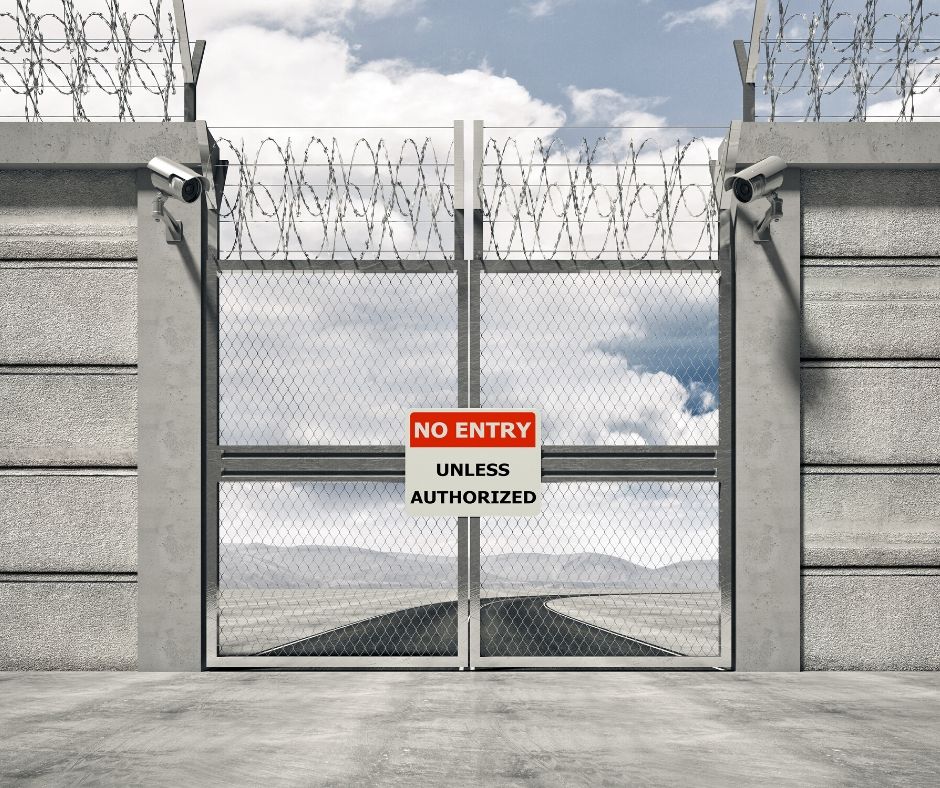
The Australian experience in dealing with the Coronavirus pandemic has in any view, been nothing short of astounding.
Perhaps we have been blessed by our open spaces, warm climate and relative geographic isolation, but the Government policy response at all levels has played a pivotal role in flattening the curve and saving our population from the tragedy and hardship that has been experienced in other parts of the world.
Congratulations to our national and state leaders who have set a course and held their nerve. All kudos to the healthcare teams and frontline workers who have toiled tirelessly in ensuring that the vast majority of those infected are nursed back to good health. And bravo to my fellow Australians who have made significant personal sacrifices during a three-month lockdown in order to protect not only themselves but others more vulnerable in our communities. This collective raising of the bar to immunise, sanitise and incentivise the goodwill of humanity against a virulent invisible killer has done us proud.
But now that all this good work has been done, it’s time to re-focus, re-prioritise and to recalibrate what’s important. Despite generous relief packages like the aptly-named JobSeeker and JobKeeper, and notwithstanding handouts, tax breaks and a bloated public debt, there are large numbers of Australians who are doing it tough purely because of the post-traumatic stress a once-in-a-hundred-year global pandemic brings on.
Many of our neighbours are suffering in silence through hardship, mental illness and sadly, even physical abuse. I was disturbed to recently read statistics published by Lifeline highlighting a rapid increase in calls to its helpline, and the predictions of experts including the founding director of Headspace, Professor Patrick McGorry and Sydney Uni’s Brain and Mind Centre that domestic and family violence rates typically spike after a ‘crisis’.
If they’re right, we are going to see a surge in domestic violence as well as a dramatic increase in the number of deaths caused by suicide: a sobering thought after we’ve just largely survived the modern age’s most deadly virus
And it’s not as though our incidence of domestic violence was anything to be proud of before the lockdown. According to the Australian Institute of Health and Welfare statistics, in 2016-17, every day 17 adults were hospitalised due to assault by a partner or other family member. Add those victims to the fact a woman was killed by domestic violence every nine days by her own partner and one man killed every 29 days by their partner, and it’s a very sad set of statistics.
But just as concerning is the suicide rate in Australia. We may be known as ‘The Lucky Country’, but in 2018 the ABS reported 3,046 deaths by suicide; ranking at #14 in the top 20 causes of death which is only just lower than the number of deaths due to pancreatic cancer or heart failure.
Modelling performed by the Brain and Mind Centre suggests that the COVID-19 situation could cause an additional 750 suicide-related deaths if the unemployment rate reaches 11% and an additional 1500 needless losses of life if it hits 16%.
Regrettably, it seems that some of our state leaders have a myopic focus only on the deaths caused by a respiratory infection. In Australia, we have recorded less than 110 deaths from COVID-19 related illness yet scant regard is had for the indirect deaths which could be a toll some seven to 15 times higher!
A cynic might think that the approach of the Queensland Premier in refusing to share the Sunshine State with other Australians is more about political expedience in being able to brag about a lower infection and death rate than in the overall welfare of local residents.
I guess that the lag in reporting of cause of death by suicide makes it easier for governments to overlook the issue in favour of the more headline-grabbing Coronavirus cases. But we entrust political leaders to act in the interests of the whole, not just those who might have the most impact on prospects of re-election.
Why is it that a loss of life to suicide is of lesser concern than a loss of life to a virus? Don’t we as Australians believe in equality and egalitarianism?
In Queensland our economy, and the mental health of our workers, needs activity. Restaurants are closing permanently, tourism related businesses are languishing and laying off staff, and liquidators are circling hundreds of flailing grass roots enterprises like seagulls on that lone dropped chip.
We’ve flattened the curve and credit where it’s due, but this dogmatic refusal to find a balance between economy and health is causing unnecessary hardship. Why can’t we find a way to protect the most vulnerable in our community as best we can but at the other end of the see-saw, allow businesses that employ staff and provide meaning, cash-flow and hope to millions of working-class mums and dads to throw their doors open and attempt to return to their pre-COVID19 stature?
Partisan politics is killing business and jobs; and sadly, may also contribute to the killing of our fellow Queenslanders by proxy of their own hand or those of a loved one’s.
Come on Premier, why don’t you talk to Lifeline (where a 25% increase in calls for help has been counted), Professor Patrick McGorry (who warns of a rise in suicide due to financial hardship) and Beyond Blue (where helpline calls have skyrocketed by 40% since the pandemic struck) and then add a dash of common sense and a lashing of compassion to your Border Policy?
Open the borders Annastacia; it’s time for balance not belligerence!
Managing Partner
View Bio >
